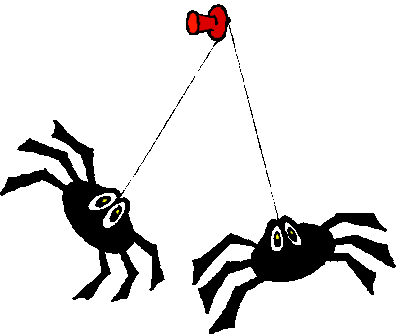[The adventure here narrated is one that happened to Tolstoy himself in 1858. More than twenty years later he gave up hunting, on humanitarian grounds.]
WE were out on a bear-hunting expedition. My comrade had shot at a bear, but only gave him a flesh-wound. There were traces of blood on the snow, but the bear had got away.
We all collected in a group in the forest, to decide whether we ought to go after the bear at once, or wait two or three days till he should settle down again. We asked the peasant bear-drivers whether it would be possible to get round the bear that day.
'No. It's impossible,' said an old bear-driver. 'You must let the bear quiet down. In five days' time it will be possible to surround him; but if you followed him now, you would only frighten him away, and he would not settle down.'
But a young bear-driver began disputing with the old man, saying that it was quite possible to get round the bear now.
'On such snow as this,' said he, 'he won't go far, for he is a fat bear. He will settle down before evening; or, if not, I can overtake him on snowshoes.'
The comrade I was with was against following up the bear, and advised waiting. But I said:
'We need not argue. You do as you like, but I will follow up the track with Damian. If we get round the bear, all right. If not, we lose nothing. It is still early, and there is nothing else for us to do to-day.'
So it was arranged.
Continue at the source
Book Choice: The Light Shines in Darkness
WE were out on a bear-hunting expedition. My comrade had shot at a bear, but only gave him a flesh-wound. There were traces of blood on the snow, but the bear had got away.
We all collected in a group in the forest, to decide whether we ought to go after the bear at once, or wait two or three days till he should settle down again. We asked the peasant bear-drivers whether it would be possible to get round the bear that day.
'No. It's impossible,' said an old bear-driver. 'You must let the bear quiet down. In five days' time it will be possible to surround him; but if you followed him now, you would only frighten him away, and he would not settle down.'
But a young bear-driver began disputing with the old man, saying that it was quite possible to get round the bear now.
'On such snow as this,' said he, 'he won't go far, for he is a fat bear. He will settle down before evening; or, if not, I can overtake him on snowshoes.'
The comrade I was with was against following up the bear, and advised waiting. But I said:
'We need not argue. You do as you like, but I will follow up the track with Damian. If we get round the bear, all right. If not, we lose nothing. It is still early, and there is nothing else for us to do to-day.'
So it was arranged.
Continue at the source
Book Choice: The Light Shines in Darkness








